Do Something HELPful this month to support survivors
Will you take on the Do Something HELPful challenge this month?
Help support survivors of sexual abuse, help protect future generations and help your community out.
You could Do Something HELPful for your:
• 𝗪𝗵𝗮̄𝗻𝗮𝘂: walk 10,000 steps a day or give up TV for a week
• 𝗖𝗼𝗺𝗺𝘂𝗻𝗶𝘁𝘆: hold a purple dance party or a garage sale and donate proceeds
• 𝗘𝗻𝘃𝗶𝗿𝗼𝗻𝗺𝗲𝗻𝘁: pick up 100 pieces of plastic each week or do a beach clean-up
OR choose your own challenge
Sign up today or donate to Do Something HELPful - you'll be helping survivors to heal, raising awareness and helping to prevent sexual abuse so these statistics can end one day.
There are also prizes to be won for our top fundraisers!
Head to dosomethinghelpful.org.nz for more information.
Poll: Should the government levy industries that contribute to financial hardship?
As reported in the Post, there’s a $30 million funding gap in financial mentoring. This has led to services closing and mentors stepping in unpaid just to keep helping people in need 🪙💰🪙
One proposed solution? Small levies on industries that profit from financial hardship — like banks, casinos, and similar companies.
So we want to hear what you think:
Should the government ask these industries to contribute?

-
0% Yes, supporting people is important!
-
0% No, individuals should take responsibility
-
0% ... It is complicated
Stolen Haro red mountain bike
My son’s red Haro mountain bike was stolen near Cornwall Park Avenue.
It was parked at our residence on 22nd January at around 8:00pm. We discovered it missing on 25th January at around 2:00pm.
If anyone living near Cornwall Park Avenue has CCTV footage between those dates and times, could you please check and let me know if you notice anything suspicious or see a red Haro mountain bike (photo attached)?
We would really appreciate any help. Please message me if you have any information.
Thank you so much.

A Neighbourly Riddle! Don’t Overthink It… Or Do?😜
Do you think you know the answer? Simply 'Like' this post if you know the answer and the big reveal will be posted in the comments at 2pm on the day!
If you multiply this number by any other number, the answer will always be the same. What number is this?

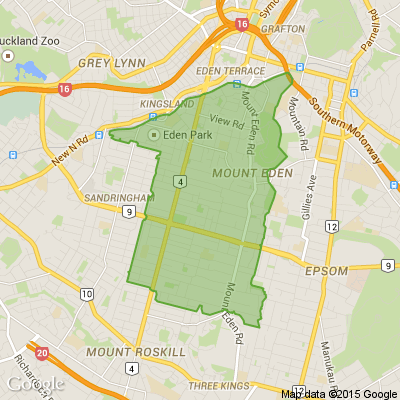






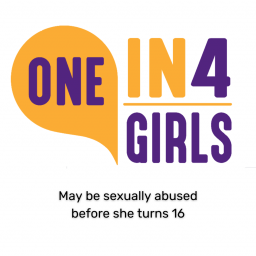
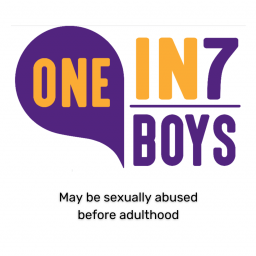
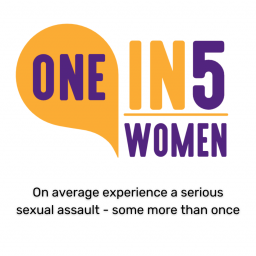
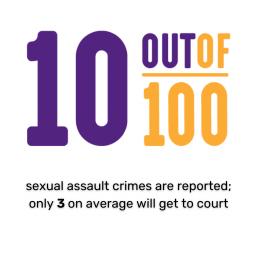
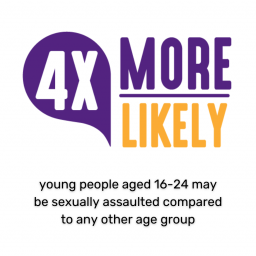

 Loading…
Loading…